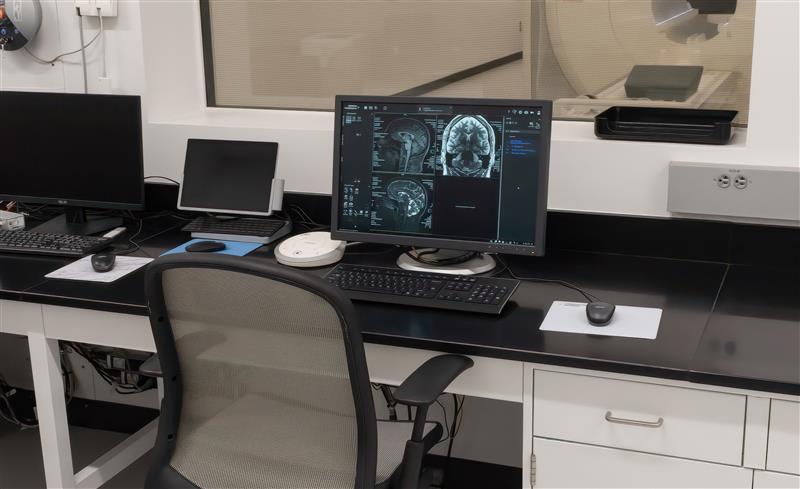
What’s the connection between biology and behavior? The Department of Psychological and Brain Sciences at Texas A&M University has launched a new undergraduate degree in Behavioral and Cognitive Neuroscience to study that question, giving students an opportunity to explore the intersection of the nervous system, conduct and thought. The program launched Aug. 15 and has already attracted students from other majors.
“Nationwide, there is increasing interest in neuroscience programs and training,” said Dr. Rebecca Schlegel, professor and associate head of undergraduate studies and programs for the department. “Students completing a Bachelor of Science in behavioral and cognitive neuroscience will be well prepared for careers focused on human behavior, such as speech and language therapy, clinical neuropsychology, public health and occupational therapy."
Schlegel said the national rise in neuroscience programs is tied not only to student curiosity but also shifts in the employment market. The demand for technical and medical support roles continues to grow, and graduates with a neuroscience background are well prepared to enter these fields.
“Students in this degree will develop competency in foundational coursework in the life and physical sciences,” Schlegel said. “At the upper level, they complete a directed curriculum that will provide them depth of training in behavioral and cognitive neuroscience specifically.”
Neuroscience is the study of the brain and nervous system, exploring how they shape everything from basic functions like movement and breathing to complex processes such as memory, emotion, and decision-making. It is a field that bridges biology, psychology, chemistry and medicine, giving researchers tools to understand what makes us human. Studying neuroscience is important not only for advancing knowledge of how the mind works, but also for addressing pressing challenges like Alzheimer’s disease, mental health disorders and brain injuries. By uncovering how the nervous system functions, neuroscientists help drive innovations in healthcare, education, and technology that improve lives and deepen our understanding of ourselves.
The degree plan has a heavy emphasis on psychological and brain sciences, but also incorporates courses such as rhetoric, math, statistics, philosophy and physical, social and behavioral sciences. This degree is a major step for Texas A&M in meeting growing student interest in neuroscience, providing essential training that combines foundational science with a focus on understanding the complex links between the brain and behavior.
“About half of our faculty are engaged in neuroscience as part of their teaching and research,” said Dr. Mindy Bergman, department head. “This degree gives students the chance to concentrate in a field that is both rapidly expanding and critically important.”
